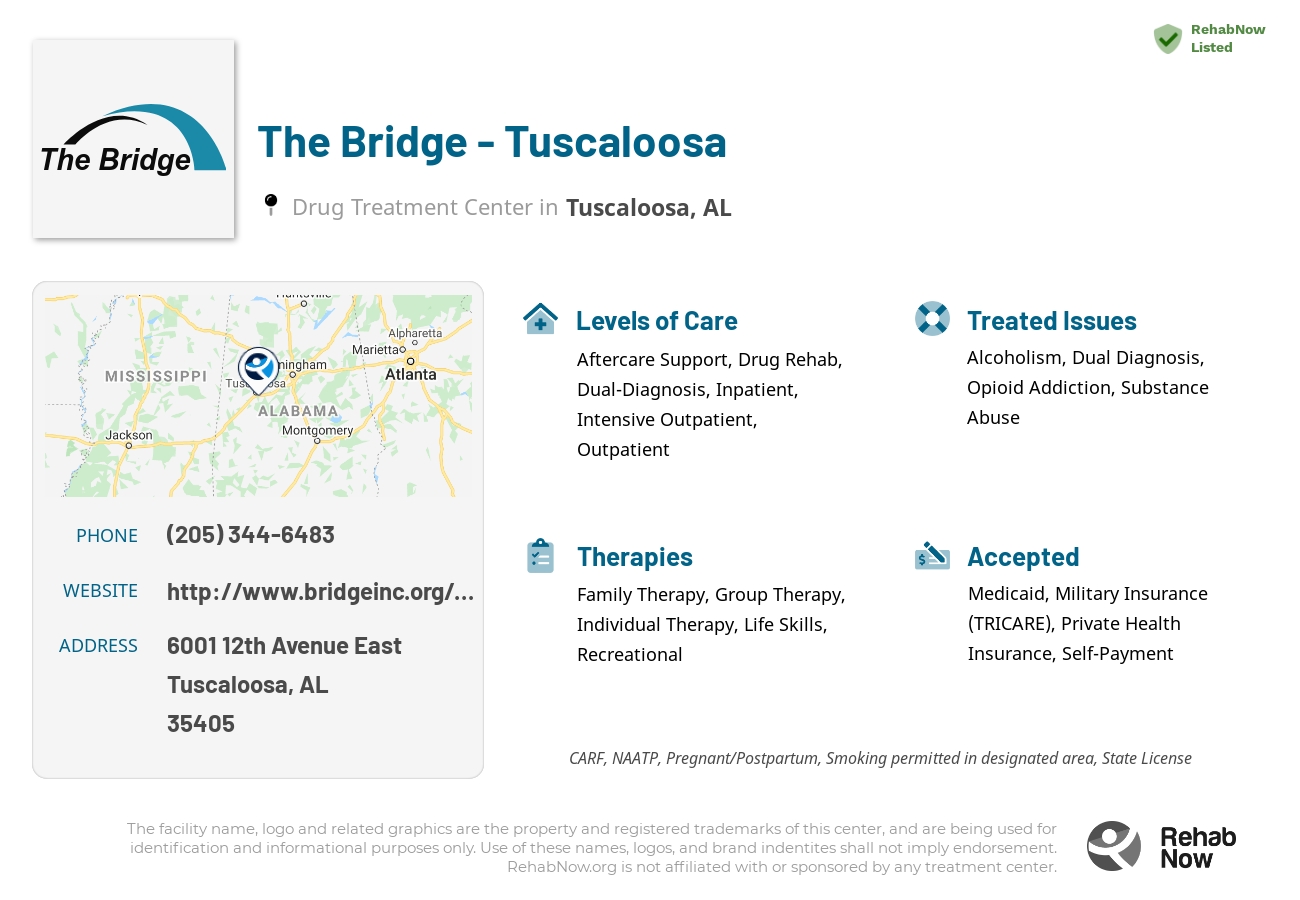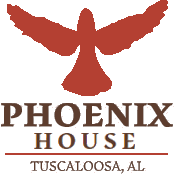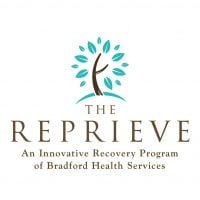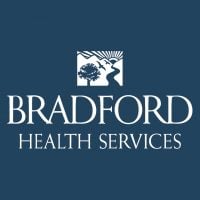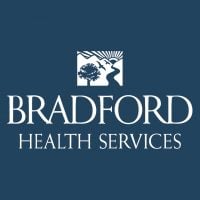The Bridge - Tuscaloosa
Drug Rehab Center in Tuscaloosa, Alabama
The Bridge - Tuscaloosa in Tuscaloosa, Alabama is an accredited addiction treatment facility that offers comprehensive care for individuals suffering from substance addiction and mental illness, specializing in opioid addiction, alcoholism, dual diagnosis, and substance abuse.
About The Bridge - Tuscaloosa in Alabama
The Bridge - Tuscaloosa is a distinguished addiction treatment facility located in Tuscaloosa, Alabama. Founded in 1974, The Bridge - Tuscaloosa provides comprehensive treatment for individuals suffering from many different forms of substance addiction and mental illness. They focus primarily on treating opioid addiction, alcoholism, dual diagnosis, and substance abuse, while offering varying levels of care, including inpatient, intensive outpatient, and aftercare support services. The Bridge - Tuscaloosa is an accredited facility and accepts private health insurance.
The Bridge - Tuscaloosa provides a multitude of therapies and services to ensure clients receive the best treatment possible. Their services include medication-assisted treatment, relapse prevention, individual and group counseling, and 12-step recovery programs, all of which are tailored to each individual's specific needs. The Bridge-Tuscaloosa is licensed by the State of Alabama Department of Mental Health and licensed by the Joint Commission on Accreditation of Healthcare Organizations (JCAHO). These accreditations ensure that their facility and services are reliable and safe.
Genders
Ages
Modality
Additional
Conditions and Issues Treated
It’s not easy getting sober on one’s own, or even going to rehab and escaping the grasp of addiction by oneself. Substance abuse treatment gives addicts a place to stay sober while learning what it takes to quit for good. They will learn from others about what works and what doesn’t work with remaining drug-free.
Treatment centers such as The Bridge - Tuscaloosa focus on the needs of individual addicts to heal them. There is a combination of physical and mental therapies that treat the root cause of the addiction, whether it be family problems, stress, or past traumatic events.
The final benefit of substance abuse treatment is introducing new people who can help in your recovery after you leave The Bridge - Tuscaloosa. Through group therapy sessions with other addicts and attending support meetings once a day, a person will learn how to interact with others and cope with cravings. This is a chance for you to rebuild your social circle healthily after you leave treatment.
Opioid addiction starts when a person becomes addicted to legal or illegal opioids. The addiction can happen quickly, in just a matter of days. Opioid withdrawal can be extremely uncomfortable and lead the user to continue to use even if they want to quit. Stopping using an opioid requires medical observation. Sometimes inpatient treatment with a medically supervised detox is necessary for managing the withdrawal process while learning lasting tools for maintaining recovery. Medications may be used in some cases of opioid addiction.
Opioid addiction is one of Alabama‘s most prominent forms of addiction. It’s treated by detoxifying the body so that the chemicals from the medications no longer impact them and by therapies to correct behavior and target the root of the problem.
Recovery is not simply about stopping drug use. Recovery is working with addiction while recovering mental health issues that are fueling the addiction in the first place.
Levels of Care Offered
This center offers a variety of custom treatment tailored to individual recovery. Currently available are Aftercare Support, Drug Rehab, Dual-Diagnosis, Inpatient, Intensive Outpatient, Outpatient, with additional therapies available as listed below.
Individuals who are suffering from severe addiction or have a high risk for dangerous health concerns are often recommended to receive inpatient treatment.
Choosing to enter an inpatient treatment program is beneficial for people who are suffering from severe addiction, or who have a high risk for dangerous health concerns.
Inpatient treatment is beneficial for:
- People who have a history of severe withdrawal.
- People who have attempted to overcome addiction on their own without success.
- People who have a history of relapse, or have recently relapsed.
- People at risk for drug overdose or withdrawal-related complications.
- People with medical conditions that are worsened by drug or alcohol use.
Addicts who need help with their addiction can enroll in an intensive outpatient program (IOP). But the patient won’t live there during treatment.
IOP involves patients visiting a medical office building regularly for therapy and other services while continuing to live their lives.
IOP is a step up from drug or alcohol detox, but it’s still a phase of recovery, not the end goal. Patients in need of IOP have many options for rehab and treatment.
Outpatient treatment is considered the lower intensity level of addiction treatment. It’s ideal for early phase addiction or lower intensity addictions. It may include weekly sessions instead of daily. It may include weekly sessions instead of daily. Peer group support, 12-step programs, and individual counseling may still be involved but at a lesser frequency than an intensive outpatient program. It is a good choice for someone who doesn’t need to go through a medically supervised detox and who has a supportive home environment. It requires motivation and dedication to commit to the program without constant monitoring.
Aftercare support should take place after outpatient treatment has ended. There are a few different types of aftercare support that patients can seek. These include 12 Step, Self-help groups (AA, NA), Therapeutic communities, Long-term, structured sober living arrangements, and Halfway houses (residential treatment centers).
Therapies & Programs
Individual therapy involves one-on-one sessions between the patient and therapist. It provides patients with a safe environment to openly discuss personal and sensitive issues with the therapist. They find the therapist as someone they can trust. Individual therapy aims to identify the core issues that would have led the patient to substance abuse and address them effectively. The therapist can develop patient-specific customized solutions through individual therapy, which aids speedier recovery.
Family therapy is a group problem-solving that aims to improve communication and relationships between the addict, their family, and sometimes friends. The main goal of family therapy for drug addiction is to create an environment where communication can occur without judgment, hostility, or blame. The therapist is with the family as they learn to communicate differently, especially with the addict when s/he is using. The family can learn to reduce their enabling behavior or rally together and support each other during tough times.
An addict’s family can play a vital part in helping them to avoid relapse because they can spot the warning signs and help them get back on track before it becomes too much of a problem. Family therapy is one of the most effective ways to help addicts stay on the path to long-term sobriety. When a drug addict decides that they want to try and get sober, it takes the support of every person they love to succeed. It can be incredibly difficult for loved ones to watch an addict go through the pain and suffering of withdrawal, but by being there with them and supporting them, they can help to make sure that the addiction never returns.
Groups typically involve meetings with other recovering addicts who can relate to one another’s experiences. They might meet in person or online and typically focus on the process of staying sober rather than overcoming a specific addiction.
In these groups managed by The Bridge - Tuscaloosa, addicts can build a sense of community and develop strong emotional connections with others who understand what they are going through. These beneficial relationships can help addicts overcome their cravings and prevent relapse at any point during the recovery process.
There is hope for people who are addicted to drugs and alcohol. Cognitive Behavioral Therapy (CBT) is the solution. CBT focuses on the underlying thoughts and behaviors that caused the addiction problem in the first place and may cause a relapse. This type of psychotherapy addresses negative feelings common in substance abuse disorders. It helps to change them by restructuring thought patterns. It’s about removing negative thoughts and providing long-term benefits while promoting self-awareness, self-control, and healthy ways to respond to negative thoughts. These sessions can be done by themselves or as part of combination therapy.
Since addiction is a chronic physical and mental illness, addicts need to learn as many life skills as possible. Many drug treatment centers offer life skills activities as part of their addiction recovery programs. Examples include cooking classes, employment training, resume writing seminars, parenting classes, and computer training. Life skills activities help addicts find employment, take care of their families, and give back to the community.
Payment Options Accepted
For specific insurance or payment methods please contact us.
Is your insurance accepted?
Ask an expert, call (888) 674-0062
The Bridge Associated Centers
Discover treatment facilities under the same provider.
- The Bridge - Fort Payne Recovery Center in Fort Payne, AL
- The Bridge - Mobile Addictions Treatment Center in Mobile, AL
- The Bridge - Newman Road in Mobile, AL
- The Bridge - Gadsden in Gadsden, AL
- The Bridge - Foley in Foley, AL
Learn More About The Bridge Centers
Additional Details
Specifics, location, and helpful extra information.
Tuscaloosa, Alabama 35405 Phone Number(205) 344-6483 Meta DetailsUpdated November 25, 2023
Staff Verified
The Bridge - Tuscaloosa Patient Reviews
There are no reviews yet. Be the first one to write one.
Tuscaloosa, Alabama Addiction Information
Opioids, such as heroin, fentanyl, and prescription opioids are related to more than half of all drug-related overdoses in Alabama. Alcohol is the most frequently used substance in Alabama; 85,000 Alabamians use cocaine every single year. In Alabama, there are four times as many vehicle crashes involving alcohol as there are normal vehicle crashes.
7% of Tuscaloosa residents age 12 and older were current illicit drug users, and 5% were current alcohol users. 60% of youths perceived great risk from trying marijuana, and the rate of current marijuana use among young adults is concerning. 70% of people who needed treatment for an illicit drug did not receive it. There are a variety of treatment services available, such as halfway houses, sober living facilities, and 12-step programs.
Treatment in Nearby Cities
- Phenix City, AL (153.9 mi.)
- Opp, AL (149.0 mi.)
- Clanton, AL (56.1 mi.)
- Brent, AL (25.5 mi.)
- Tuscumbia, AL (109.7 mi.)
Centers near The Bridge - Tuscaloosa
The facility name, logo and brand are the property and registered trademarks of The Bridge - Tuscaloosa, and are being used for identification and informational purposes only. Use of these names, logos and brands shall not imply endorsement. RehabNow.org is not affiliated with or sponsored by The Bridge - Tuscaloosa.

